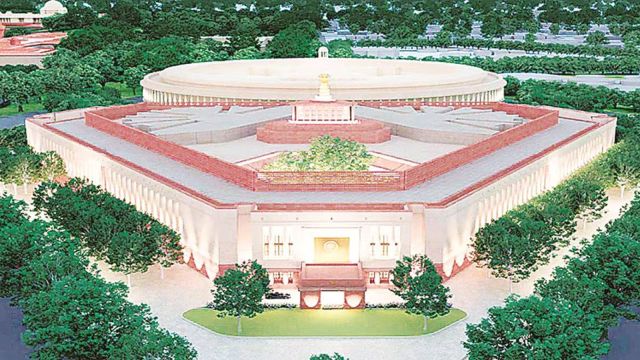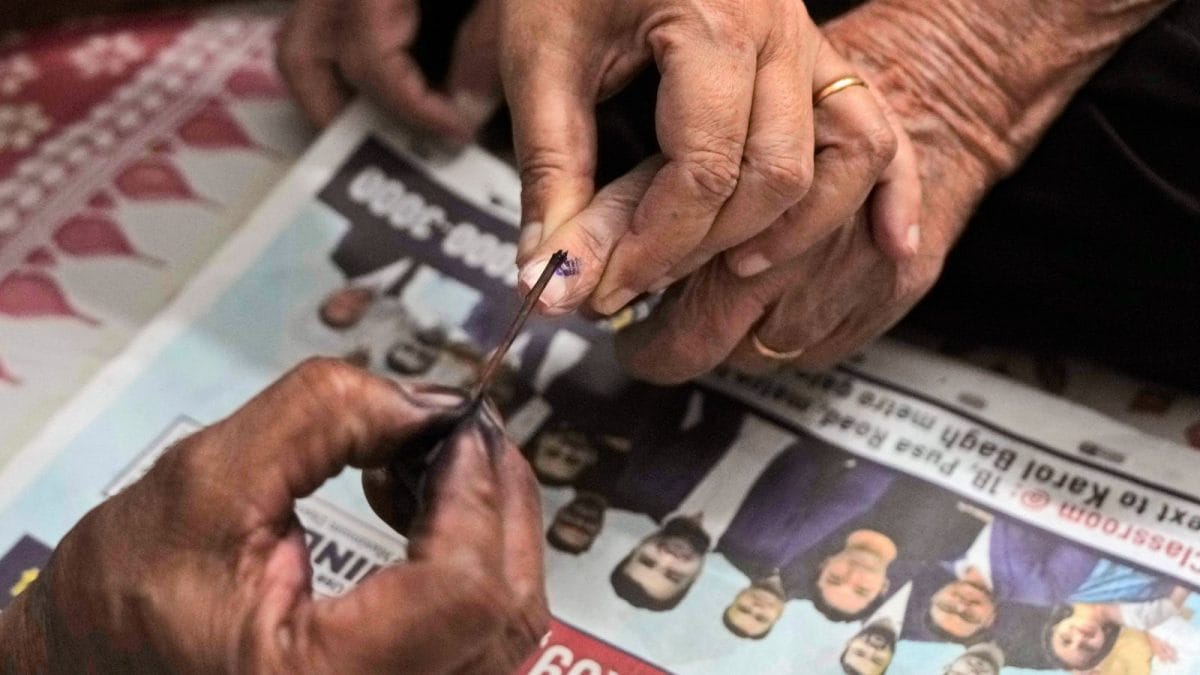ARTICLE AD BOX
 In the last revision in 2017, the income limit for OBCs to avail reservations was raised from Rs 6.5 lakh per annum to Rs 8 lakh per annum.
In the last revision in 2017, the income limit for OBCs to avail reservations was raised from Rs 6.5 lakh per annum to Rs 8 lakh per annum.
The Parliamentary committee on welfare of Other Backward Classes has reiterated in its latest report, which was tabled in the House Friday, the recommendation to revise the creamy layer income ceiling, calling it the “need of the hour”.
The committee had made this recommendation first in a report in April this year. In its action taken report tabled on Friday, even as the committee reiterated its recommendation, the Ministry of Social Justice and Empowerment (MoSJE) said in its response that “at present there is no proposal under consideration for further revision of the OBC creamy layer income limit”.
Noting the Centre’s response, the committee stated that the present threshold of Rs 8 lakh was “insufficient”, given the “increase in basic income of individuals of even lower income groups and the increasing trend of the inflation index.”
It went on to reiterate in “no uncertain words” its recommendation for revising the present creamy layer threshold, to cover more persons from the OBCs as “this would eventually help in raising their socio-economic condition to a satisfactory level”.
In the last revision in 2017, the income limit for OBCs to avail reservations was raised from Rs 6.5 lakh per annum to Rs 8 lakh per annum. As per Department of Personnel and Training (DoPT) norms, the income limit for determining creamy layer for OBCs is to be raised every three years or even before the stipulated period, according to a September 1993 order.
In its April report, the committee had noted that the existing income limit of Rs 8 lakh for determining the creamy layer among OBCs was low, and covered only a small segment.
“Due to this, a large segment of OBC population, which is otherwise in need of support from the State through various welfare schemes to raise its social and educational status in the society, is being deprived from the benefits of reservation policy,” it had said.
Story continues below this ad
The committee’s report also noted the government’s response that the pre-matric scholarship scheme was due for review and revision in the next financial cycle, from 2026-27 to 2030-31, and even the revision of parental income limit is under discussion.
In its April report, the committee had recommended to the Centre that pre-matric scholarship should begin from Class 5 onwards and that the current eligibility limit of parental income be raised from Rs 2.5 lakh per annum to Rs 5 lakh per annum to cover more OBC students.
An award-winning journalist with 14 years of experience, Nikhil Ghanekar is an Assistant Editor with the National Bureau [Government] of The Indian Express in New Delhi. He primarily covers environmental policy matters which involve tracking key decisions and inner workings of the Ministry of Environment, Forest and Climate Change. He also covers the functioning of the National Green Tribunal and writes on the impact of environmental policies on wildlife conservation, forestry issues and climate change. Nikhil joined The Indian Express in 2024. Originally from Mumbai, he has worked in publications such as Tehelka, Hindustan Times, DNA Newspaper, News18 and Indiaspend. In the past 14 years, he has written on a range of subjects such as sports, current affairs, civic issues, city centric environment news, central government policies and politics. ... Read More



.png)
.png)
.png)



























 English (US) ·
English (US) ·